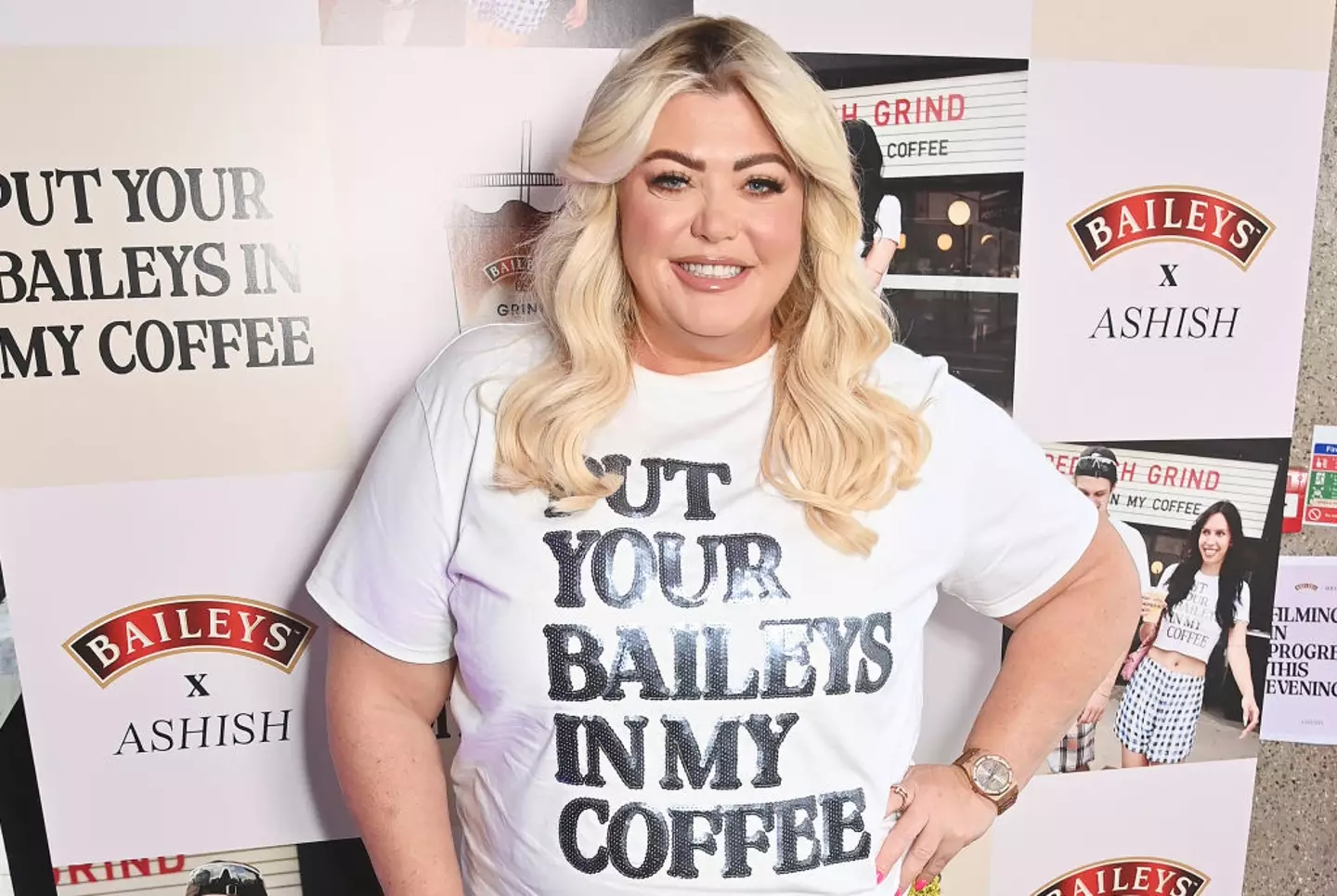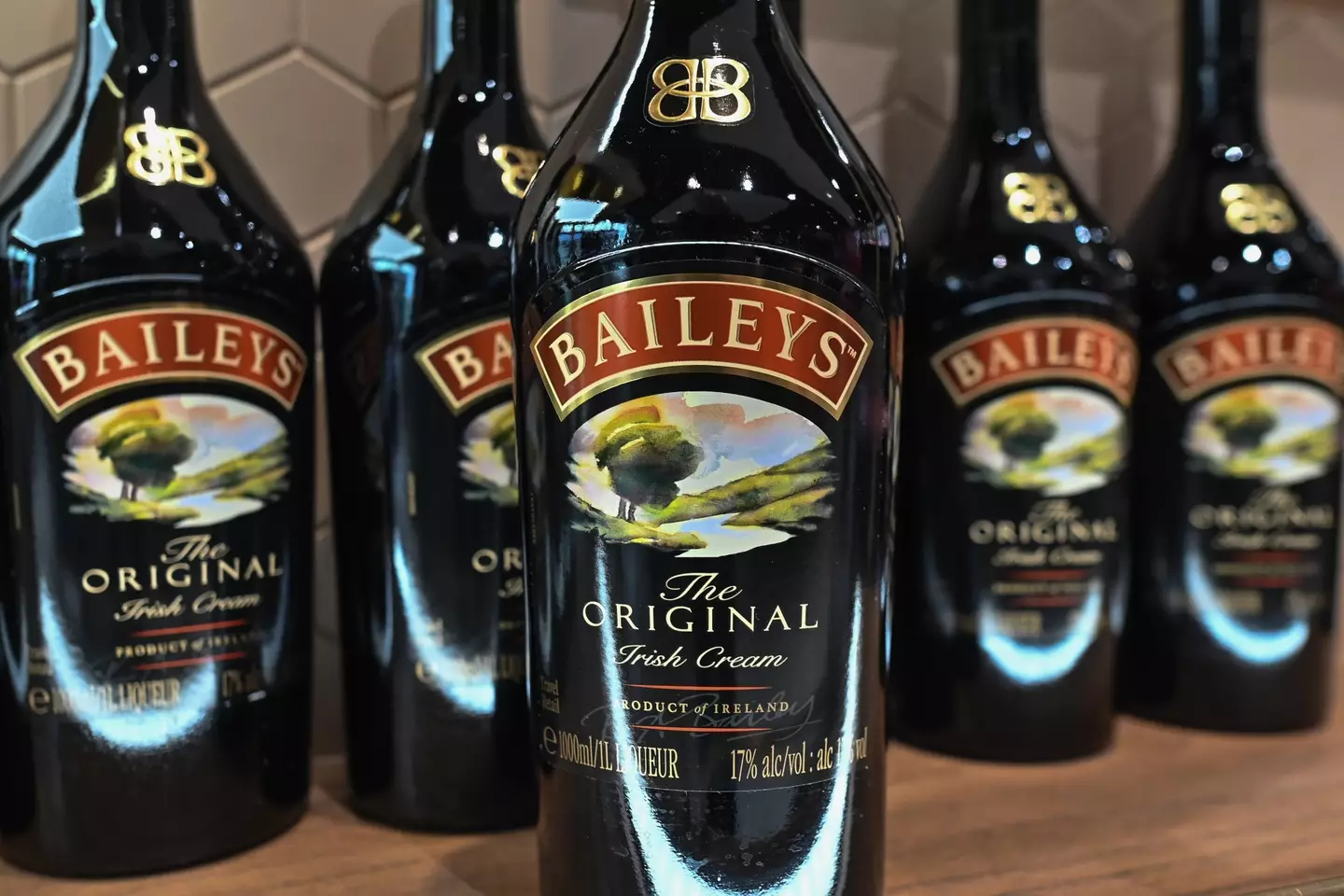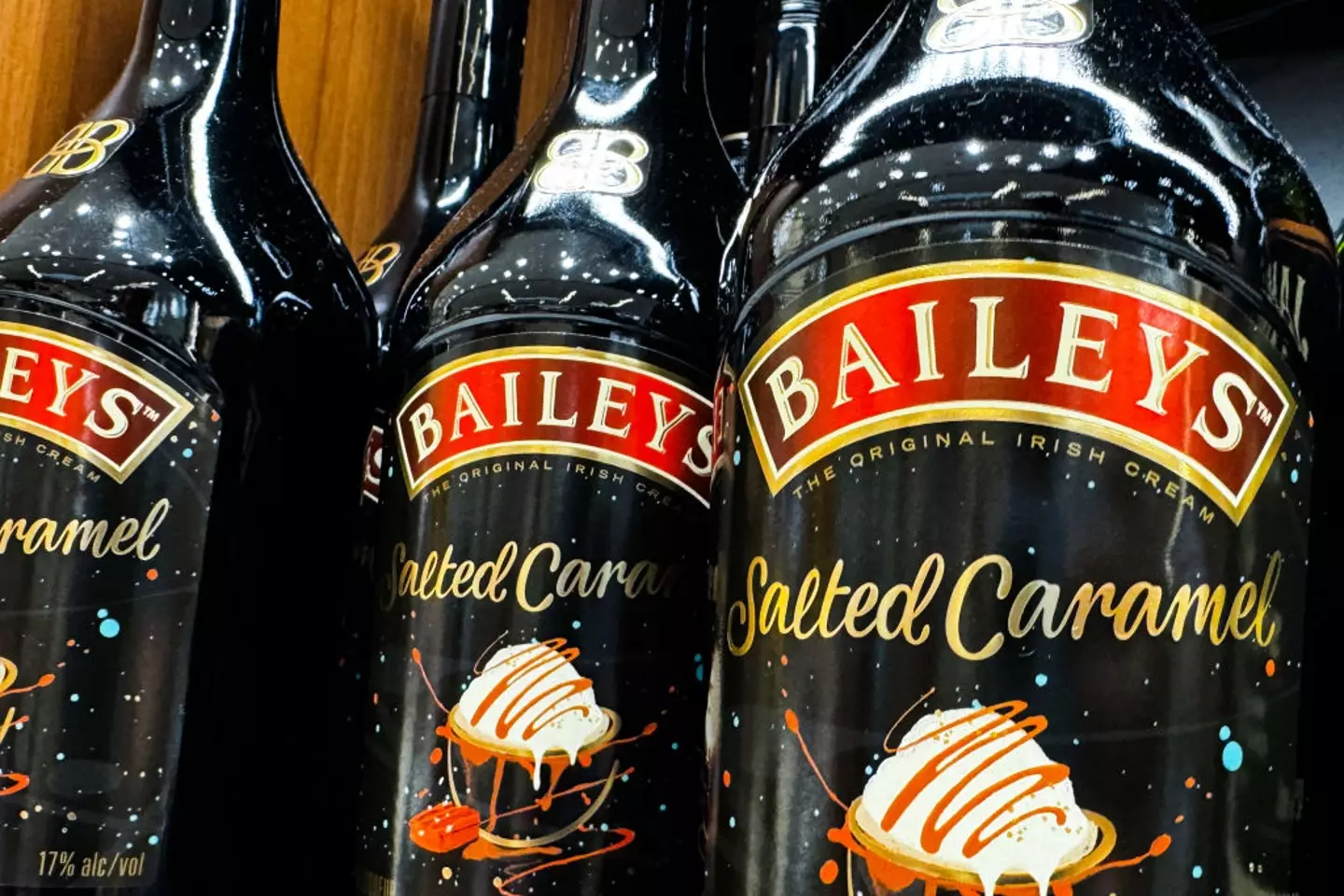
Baileys is so delicious that it’s easy to forget it’s alcoholic. At 17% ABV, its Irish Cream is more potent than your average wine.
Whether you’re having some neat, in a cocktail, or resting atop some Kahlua for a Baby Guinness, it’s a rare person indeed who doesn’t love that sweet, near-milkshakey cream.
It’s a particular favourite at Christmas, and it’s often the type of booze to get wheeled out sparingly over the months from purchase. It might be delicious, but too much can quickly become sickly, meaning you've often got the same bottle on the go for some time.
But how long should you leave it before chucking it?
Advert

Thankfully, it’s got a surprisingly long shelf life.
The manufacturer says it’s got a shelf life of two years from its bottling date, which isn’t bad considering it contains dairy cream.
"Baileys Original lasts 2 years from the day of bottling, opened or unopened when stored at the optimum temperature (0 to 25°C/32 to 77°F)," Baileys says on its website.
"Please note that the 18, 20 or 24 month shelf life only applies to liquid in glass bottles.
"Our PET bottles which are 100ml or less all have a shelf life of 18 months."

You can also – mostly – put concerns over storage to rest: it turns out that the rule around keeping it in the fridge is just a myth.
"No, Baileys does not have to be stored in the fridge," the company confirmed on its website.
"The recommended storage temperature for Baileys is 0C to 25C and not in direct sunlight."
It’s of course perfectly acceptable to keep it in the fridge, but odds are it’ll fare just as well in a cupboard.
However, while it does have a pretty long shelf life, Baileys fans are being warned that you need to be careful with how you dispose of any leftovers once it has expired.
Apparently it’s bad news for your drainage, and plumbers recommend steering clear of pouring it down the sink.

"Cream liqueur drinks, such as the popular Christmas favourite, Baileys, can be a problem for your plumbing at Christmas,” says MyBuilder.com.
"However, this sort of beverage should never be disposed of in this way. Cream liqueurs have a large fat content and as such fall into the category of FOG (Fats, Oils, and Greases).
"FOG should never go down the sink, as it sticks to pipes and can cause blockages. It's also responsible for 'fatbergs' in our sewers."
Apparently the best disposal method is to pour it into a container and chuck the lot in a bin, which doesn’t sound very environmentally-friendly.
Topics: Alcohol
